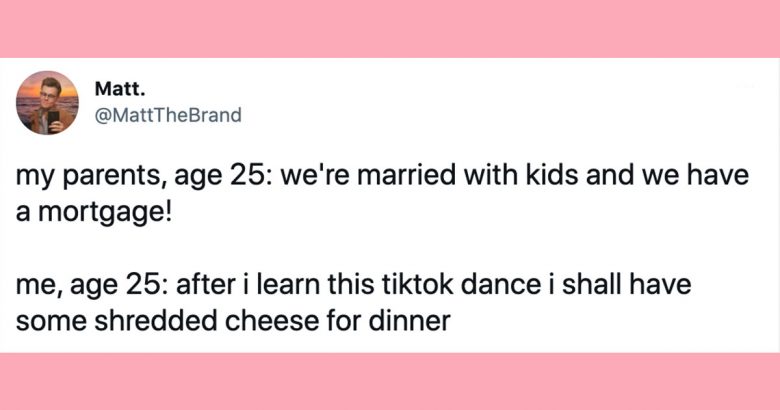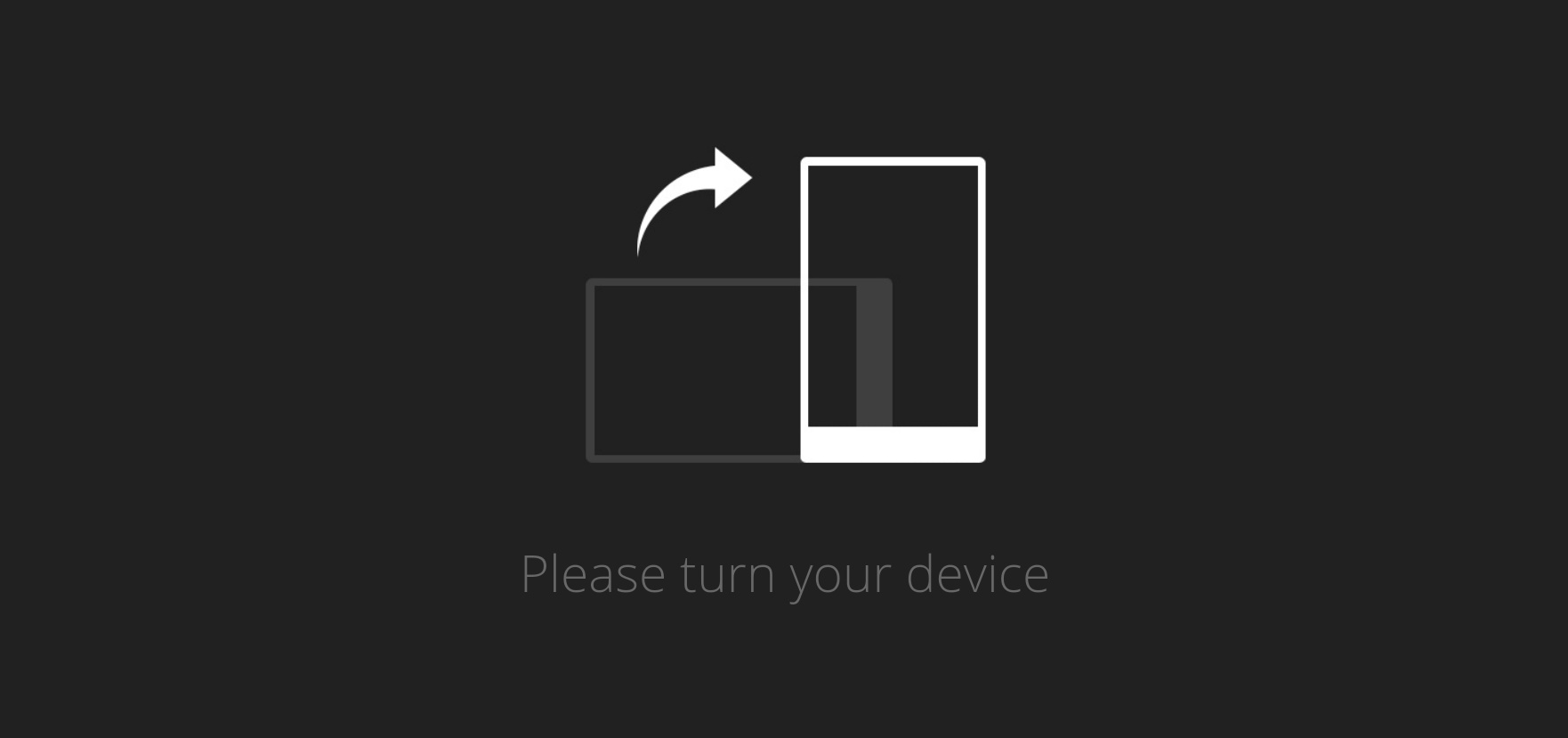
From Ethical Banking To Negotiating A Pay Rise: Your Money Questions Answered
If you’re a fan of the popular podcast She’s On The Money, you’ll know all about the wisdom and financial advice that creator, Victoria Devine, has delivered to fans over the last couple of years.
Noted as the ‘ultimate millennial money guide’, She’s On The Money aims to empower and support women who are striving to reach financial independence, as well as educate millennial and Gen Z women on how to best navigate through adult life financially – without skimping on brunch, of course.
So if you’re sick of hearing that you can’t buy a house because you’re spending too much on avocado toast (*insert biggest eye roll of all time here*), or if you’re in need of simple hacks to make budgeting and saving for everyday life easier, chances are Victoria has an episode that’ll help you out.
After the huge success of the podcast, Victoria has now released a book (with the same title) filled with life learnings and money hacks. It’s a guide designed to help all women set up for a more successful future, without an afterthought (or an Afterpay for that matter).
We chatted to Victoria Devine, the brains behind She’s On The Money, to get her expertise on some common financial pressures and issues facing millennials and Gen Z.
View this post on Instagram
On whether women should be salary sacrificing:
Salary sacrificing is definitely something to consider if your company offers it and it fits for you! Generally speaking if you choose this option, you’ll take home a lower salary with the advantage of both less tax and a selection of benefits, which could be anything from additional superannuation to a new laptop. It really depends on your workplace and industry, but if it’s something you’re interested in, then definitely have a chat with your HR department to see what they offer. Just remember that salary sacrificing doesn’t mean you’re just getting ‘free stuff’ — you are sacrificing your salary for these benefits, so don’t be swayed if it’s not the option that makes sense financially.
On how to choose the right bank/superfund:
Your goals and values are definitely the most important tools to use when it comes to figuring out which bank to go with or where to put your superannuation. Ask yourself what you want from your money, what kind of returns you’d like to see and what the bank or fund stands for from an ethical perspective. Also consider fees attached. Then do your research: read annual reports, talk to people, ask questions and find the fit that feels right for you. There is sooo much information at our fingertips these days, but remember not to get sucked into comparison sites, who usually take a commission from some of the companies they list. Instead, opt for more reputable sites like the government’s Money Smart website when you’re doing your research, which is a wealth of knowledge on all things finance.
On the difference between ethical banking and “normal” banks:
The main difference between ethical super funds and non-ethical super funds is that truly ethical funds don’t invest in things many would consider unethical like fossil fuels, guns and weapons, gambling, alcohol etc. Some people also choose to take the next step in investing ethically by ‘impact investing’ — so instead of just avoiding unethical investments, they choose investments that actively contribute to organisations/projects/funds which generate measurable change in the space you’re passionate about.
People should also be mindful of ‘greenwashing’; just because a company markets themselves as ethical, it doesn’t mean they are (these are just marketing terms which aren’t thoroughly regulated), so make sure you do your research and don’t just pick a bank or super fund because they seem green.
On easy money-saving hacks people often don’t take advantage of:
- Cutting back on non-essential spending is an easy saving hack anyone can start making the most of today. We all pay way too much for numerous streaming services, gym memberships we don’t use, store-bought oat lattes we could have made at home (sure they’re never as tasty but they’re also not $4.50 a pop!). Combing back through your last couple of months of bank statements and seeing where you’re spending money unnecessarily is a really easy way of pinpointing where you’re spending too much, so you can then take action and reduce those smaller daily spends, which really adds up over the long term.
- Shop at markets, make the most of Aldi and review catalogues to spot bargains before the weekly shop – sure these steps take a little more effort but you’d be surprised at how much you can save just by being prepared.
- Delete Afterpay. If you don’t give yourself the option to be tempted by Buy Now Pay Later providers, then it’s far less likely you’ll lean on them when you want something you can’t afford. Instead, save for what you want before you buy it!

On the biggest financial issues women face in 2021:
I think the biggest issue up until now has been a lack of education when it comes to finance, which fortunately is something I can definitely see changing. Money has forever been a man’s game but I do feel like now millennials and Gen Z women are starting to feel empowered and excited about taking their financial future into their own hands. The issues that remain would be a misunderstanding or maybe a fear about investing (again, we just need to be educating ourselves here) and probably the impacts of Buy Now Pay Later schemes which sees people buying what they can’t afford for the thrill of having it now, instead of waiting until they’ve factored items into their budget. People need to know that those providers are a line of credit and they should be avoided as much as possible in my opinion.
On the standard amount of savings someone should have in their bank account:
There is certainly no standard amount of savings people should have in their savings account. What I would always recommend is having an emergency account that could support you financially for at least three months without any income. This will act as a safety net should you ever need it and give you peace of mind that you’ll be able to support yourself should you get injured at work, lose your job etc. Beyond this, the amount you have in savings is completely personal! Some people have hardly any cash in savings, as they feel their money works better for them in the share market or in property, while others may be risk averse and prefer to have all of their earnings in a savings account – there’s no right or wrong.
On how women should negotiate salaries and/or pay rises:
Know your worth and then add tax is something I come back to time and time again. Women in particular undervalue their worth and will rarely ask for what they deserve, because they don’t want to seem greedy or annoying or difficult. My sense is that if you feel like you are owed a pay rise, then you probably are. In saying that, don’t just expect a pay increase because you’ve been in the same workplace for six months – it’s something you do need to earn and work towards!
In terms of actually asking for more money, I would tee up a chat with your boss or HR and be as prepared as possible. Find what others at your level and in your industry are being paid, reflect on what you offer the business and find examples of why you deserve more for that offering and go in there confidently and back yourself in. The worst they can say is no, so I would always encourage people to have this conversation, no matter how awkward it may be (note: it shouldn’t be awkward and it’s almost never as challenging as we think it will be).
–
Victoria’s book, She’s on the Money (published by Penguin Random House Australia, $32.99) is out now.
